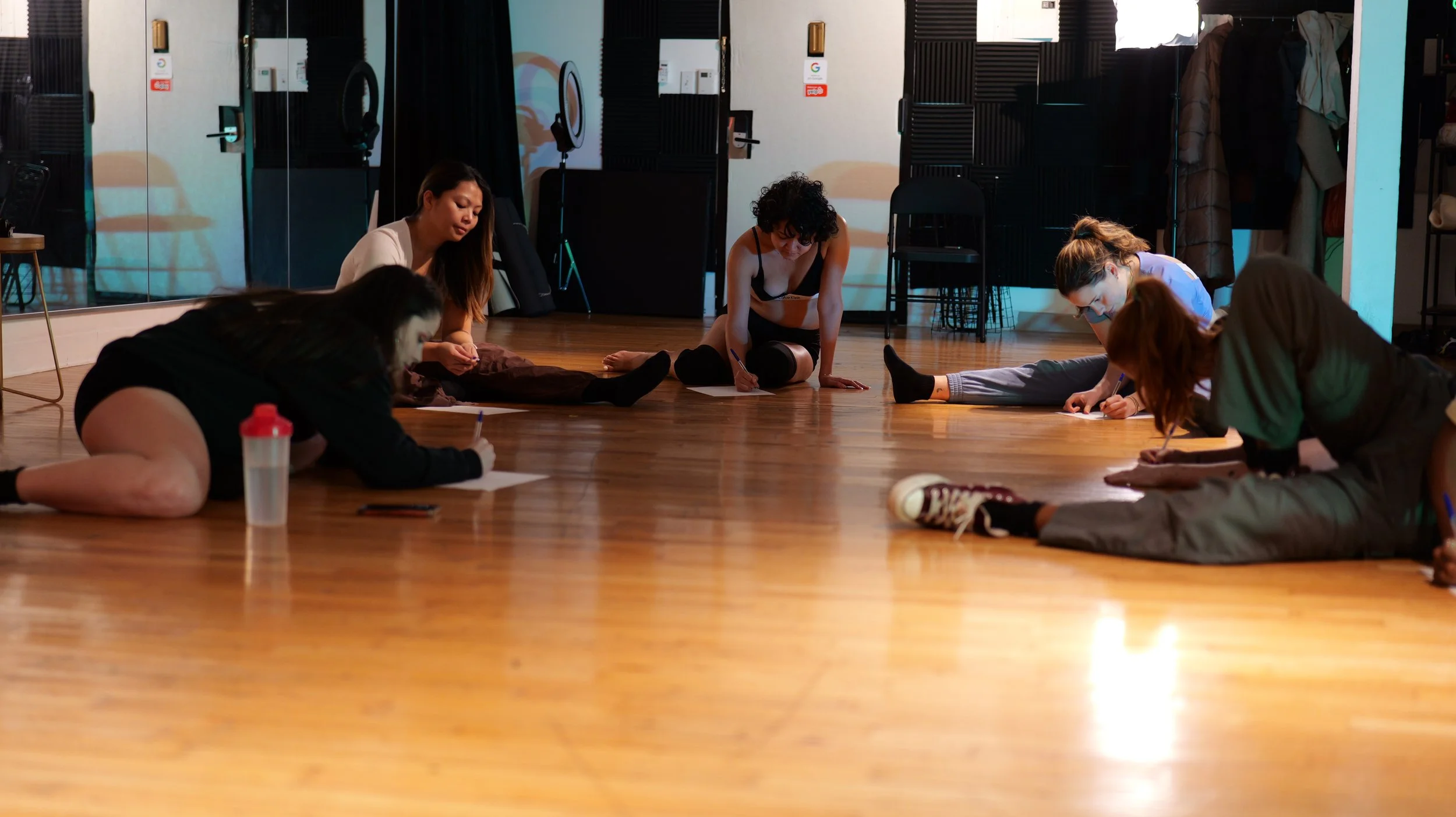How to Start Journaling: Tips for Self-Growth
Key takeaways
Full circle moments: Journaling as a kid can be just as easy as journaling as an adult. Looking back on entries shows how much you have grown.
Starting to write: The writing process is all about you, go at your own pace and find your personal journaling rhythm.
Finding connection: Overtime you can find yourself releasing more emotions into your writing, becoming comfortable with laying it all out on the page.
Self-reflection
When you think of journaling you probably picture a little kid with their prized possession notebook, scribbling away nonsense to their diary. Years later when this diary is found it won’t be legible or be made of complete sentences, but they’d revel in laughter over how miniscule those day-to-day findings were. While those moments kids write about are so small in comparison to the future, in the moment that is their entire world, and by writing those expressions down they can move on and laugh about it later. It was so natural as a kid to be so honest with a pen and paper, yet somewhere along the way of growing up that form of self-expression was lost.
Now, while the word “diary” may sound childish, the idea of a journal is the exact opposite. Journals are a place, kept only for yourself, to write down all the good, bad, and inconsequential. One of the strongest forms of self-reflection, and therefore self-growth, is keeping a personal written journal. Writing allows your mind to release itself, taking the floating thoughts away from your brain and putting them into a concrete format. A journal is a form of writing that can be anything you want: poetry, bullet points, or paragraphs as informal as texting your best friend. The only thing you need is a place to start writing, and your stream of consciousness will guide you from there.
Begin your journaling journey
To be truly open within your writing, it may be a slow burn process. It can absolutely feel nerve racking to share the most vulnerable parts of ourselves, even just to some paper. The more you get into journaling the easier it will be to write without thinking first about what you are writing. To truly get the most self-growth out of your writing experience, at some point you will have to be truly open and honest with yourself. The paper can’t speak back to you, so there is no better place to share the most truthful thoughts within yourself. Sometimes just getting a thought out of your mind and out into the world (journal) can make you feel infinitely better, you won’t know until you try! There may be so many questions about beginning your journaling process, so here is a small breakdown:
Who: For YOU and no one else!
What: Write, write it all down!
When: Anytime you want. Whatever feels natural.
Where: Anywhere you are comfortable. Your bed, the park, a coffee shop, the train. The list goes on…
Why: To remember your days, to give your mind a break, to find some clarity, for FUN, for yourself. For whatever reason you need, journaling will be there for you.
Creating a new habit, such as journaling, can take some time to adjust to. Journaling is supposed to be an outlet to release any daily anxieties or capture a special day forever, but it is not meant to create added stress to your life. Once you are in the mindset of keeping a journal, let the entries come at a natural pace. Daily journaling can be extremely taxing no matter how long you have been writing for. Burnout can easily approach if you are applying to much pressure on yourself to journal, even on days when it does feel right. There are no rules to journaling, it is one of the few things in life that can be completely your own, so don’t go and create any mental rules. Reach for your journal when it feels right, but don’t force yourself to write just for the sake of doing it. Days or months could go by without touching your journal and then one day you randomly decide to pick it up again, and that is perfect because that is your personal path!
See where it takes you!
Overtime, the hope is that you can become your most authentic and comfortable self when writing. This format doesn’t always need to be a real paper and pen, the notes app on your phone can be the perfect place sometimes as well. Journaling’s whole purpose is to allow yourself a space of self-reflection, writing can be so therapeutic for this purpose. Looking back at past entries you can see how much you’ve grown (you could also never read what you’ve written, it can live scribbled down and locked away forever). No matter how you approach journaling, the main point is that you’ve let yourself connect your emotions to reality on a deeper level, this connection is where the most self-growth will stem from. If it hasn’t been said enough already, journaling is truly for you and you ONLY! There are always locks available, or some sneaky hiding places, to make sure your thoughts stay seen by your eyes only. Nothing is too tabu to write about--just think back to those little kids and how silly their written works may seem in adult life. If it is important to you one day, it can be important in the future or a mere distant memory, only time and self-growth will determine where your journal ends up.




